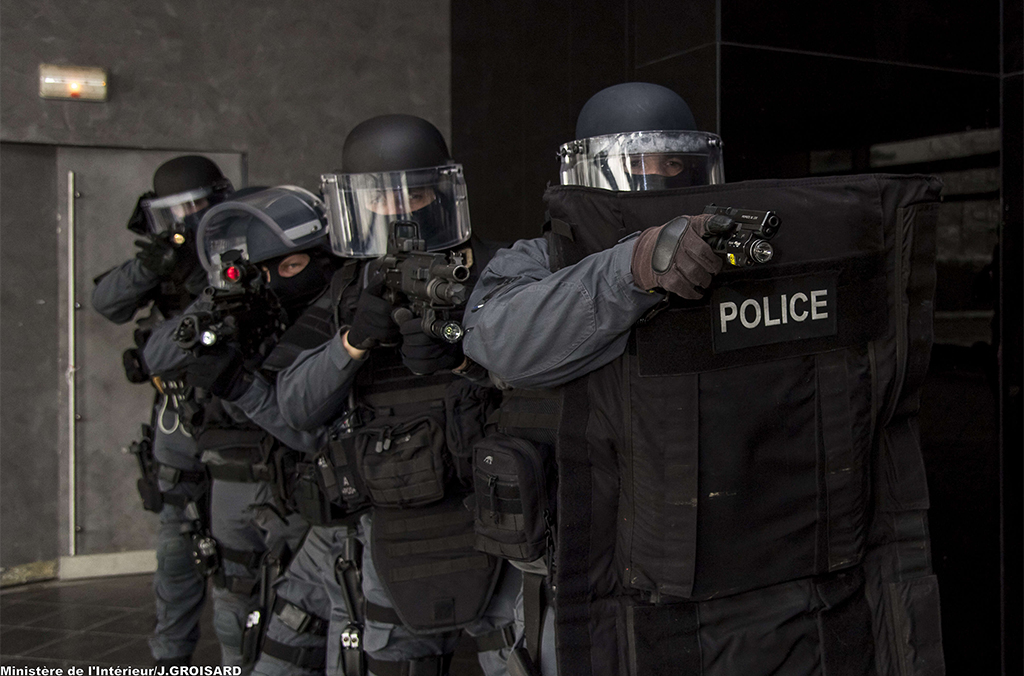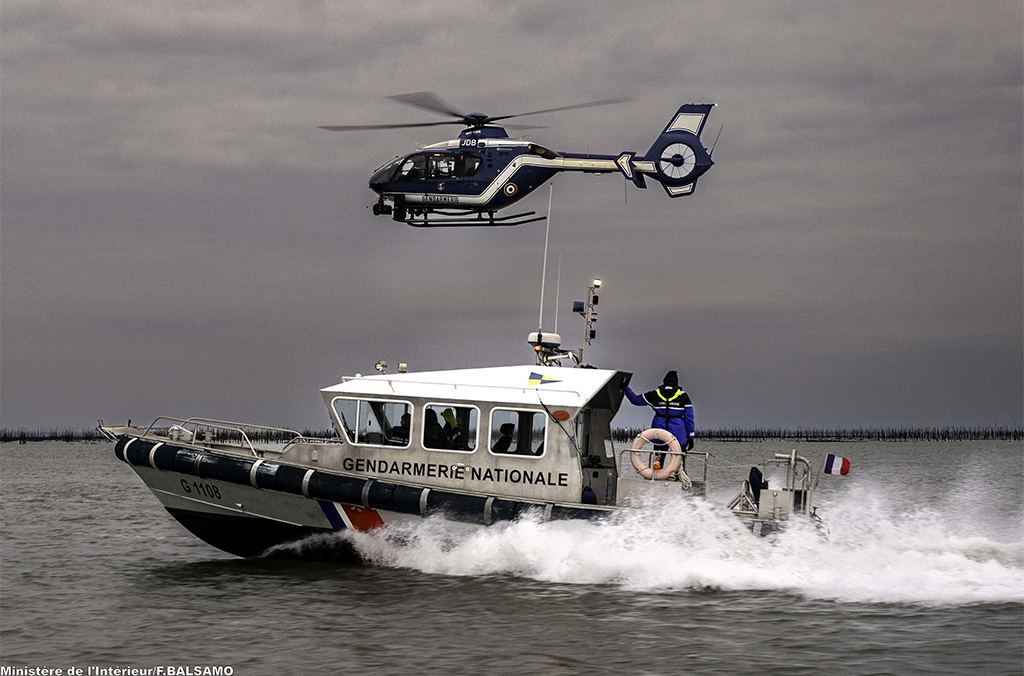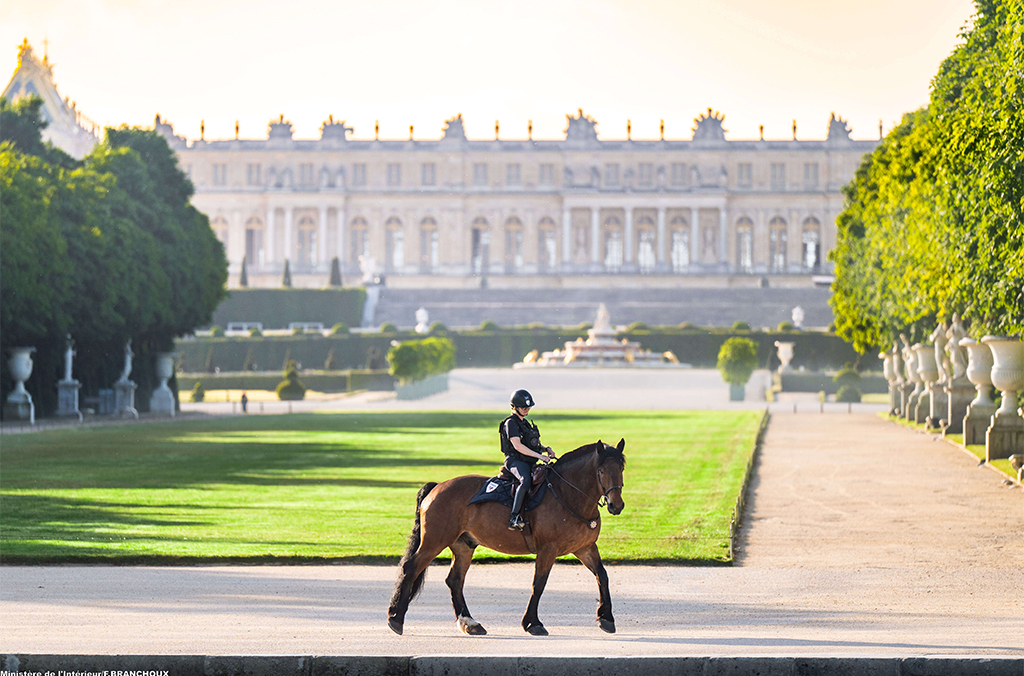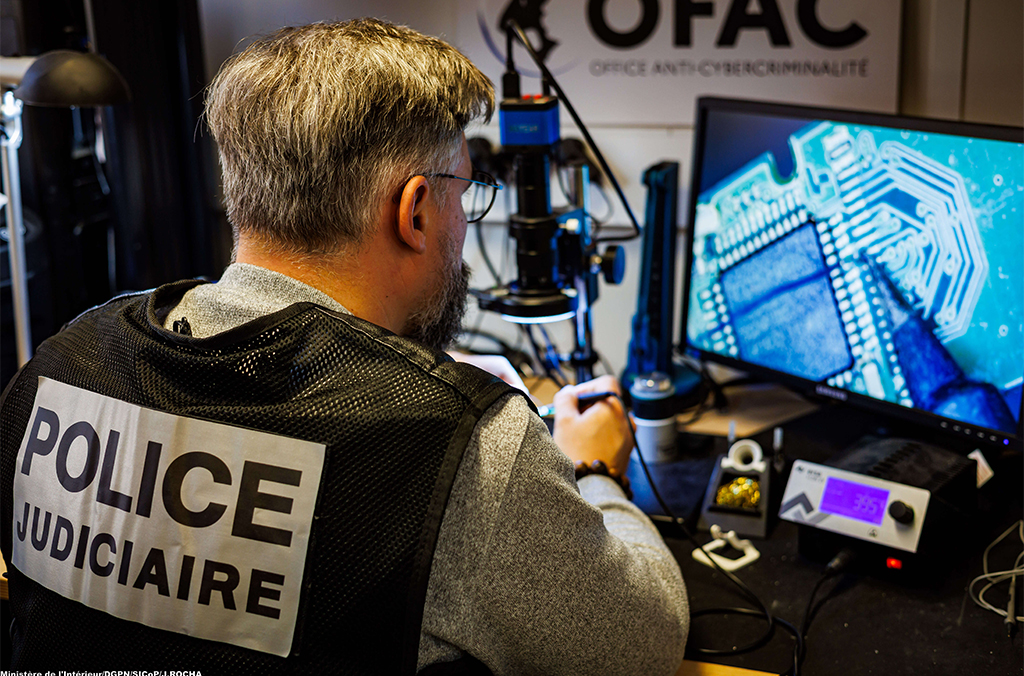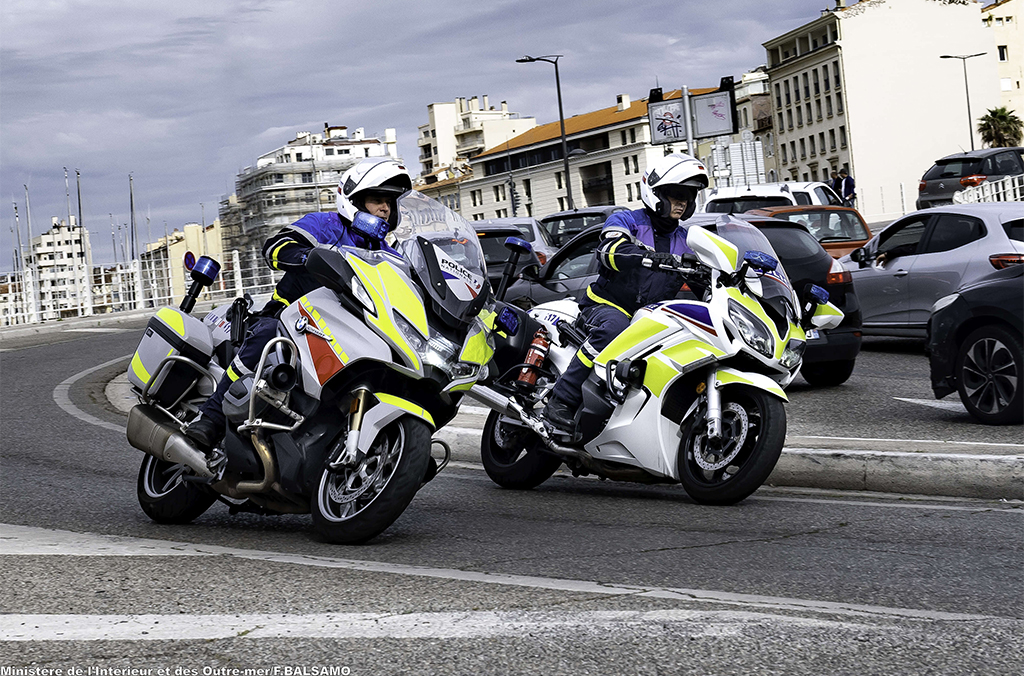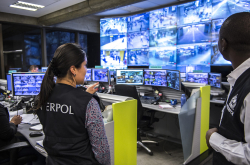 FRANCE
FRANCE
Organized crime in France
Organized crime in France covers a broad spectrum of serious threats, involving both domestic and international criminal networks. These groups are primarily active in drug trafficking, cybercrime, human trafficking, and related offences such as money laundering and corruption.
Relying on the darknet, encrypted communications, and other advanced technologies, these networks evade law enforcement detection and outcompete rivals. They are increasingly hierarchical, violent, and highly adaptable, constantly testing new methods and strategies.
The transnational nature of organized crime underscores the vital role played by INTERPOL’s French National Central Bureau (NCB Paris) in ensuring effective international police cooperation and in participating in numerous INTERPOL pilot projects.
INTERPOL in France
NCB Paris operates under the National Directorate of the Judicial Police (DNPJ), whose Director also serves as the head of the NCB.
A unified platform
The DNPJ’s International Operational Cooperation Department (DCIO) manages the day-to-day operations of NCB Paris. Its staff includes officers from the national police, the gendarmerie and customs services. The DCIO brings together European and international police cooperation channels, serving as a single point of contact for France.
A decentralized presence
In addition to its main office, NCB Paris works through a network of liaison officers deployed in national operational units. These officers handle international cooperation requests in specialized areas such as organized crime, drug trafficking, human trafficking, financial crime, cybercrime, art trafficking and irregular migration.
The DCIO’s Extraditions Office, part of NCB Paris, manages INTERPOL notices and diffusions, including Red Notices, at the national operational level, working closely with the Ministry of Justice on extradition cases.
The DCIO also hosts a unit dedicated to strategic and governance issues. This unit represents and coordinates France’s position in a range of international strategic fora.
This integrated structure allows NCB Paris to respond rapidly and effectively to requests from national law-enforcement units seeking international cooperation to advance their investigations.
Law enforcement in France
Alongside the Customs service, which has a judicial role in law enforcement matters, the national police and the gendarmerie are responsible for maintaining public order and protecting people and property.
Both forces fall under the Ministry of the Interior and receive training in dedicated academies that combine theoretical instruction with practical training in law enforcement and criminal investigations.
Countering terrorism and drug trafficking remains a top priority for the Minister of the Interior, who maintains a constant state of vigilance to ensure the highest possible levels of prevention and protection through the country’s national police forces.




